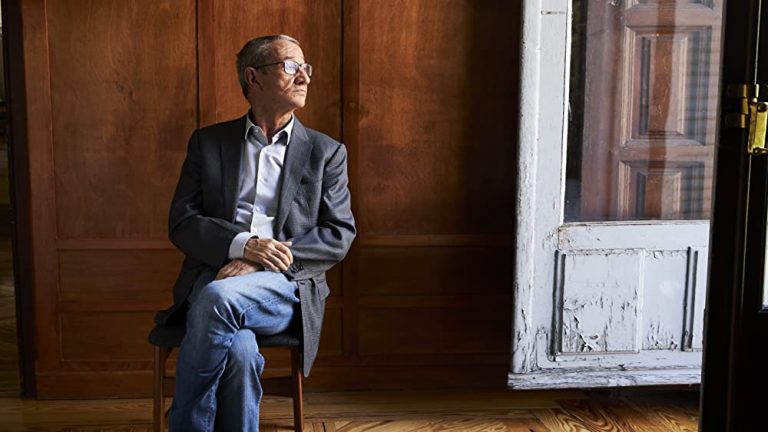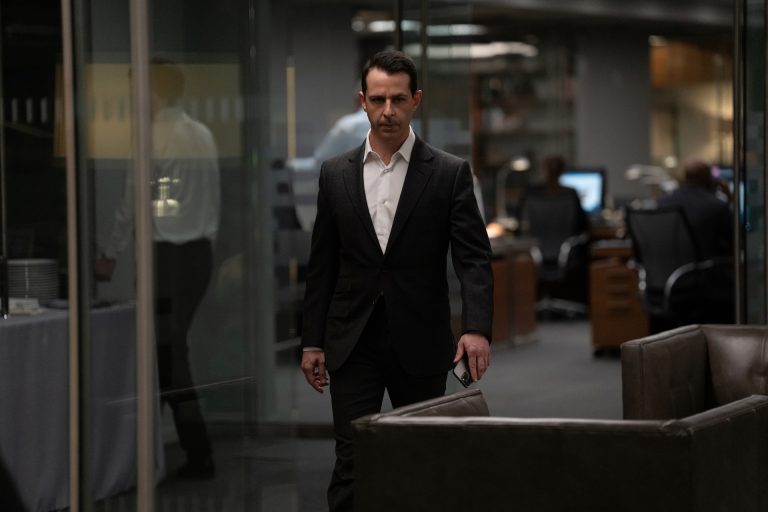The Wonderful Story of Henry Sugar (2023) ‘Netflix’ Short Film Review: In this ADHD-addled world, where reading or comprehending literature via listening could be controlled by increasing the speed of the audiobook or quantified by looking at the reading speed while reading your Kindle, reading too has become a part of the lexicon of the hustle and bustle. On the other end of the spectrum, an adaptation of any story being too faithful invites criticism of being unnecessary, especially in cases where adaptations are inferior and visual storytelling is lacking to such an extent that you can close your eyes and finish the movie, imagining that you are listening to your audiobook.
The question of whether an adaptation should be given a chance in the first place rests on the person who is helming the adaptation. The fact that Wes Anderson is directing this adaptation automatically invites the age-old and frankly tiring commentary of Anderson being “style over substance,” as if constricting Anderson’s style to a simple box of symmetry is enough to completely understand a man’s creativity.
Particularly, if we judge “The Wonderful World of Henry Sugar” through the lens of Anderson’s previous work “Asteroid City,” it is apparent that Anderson is interested in the perspective within perspective within another perspective as if by referencing all the media he is homaging in Asteroid City, he would be able to extract the universal truths essential for lighting the path to remove the bewilderment each of his characters faced, either within one story or the story they are enacting within that story.
“The Wonderful World of Henry Sugar” feels very much part of the mold of Anderson’s recent outings. Adapting the 1976 short story of the same name by Roald Dahl, Anderson takes the moniker of “faithful adaptation” almost too literally. His movie opens with Roald Dahl (Ralph Fiennes) sitting and correcting the final draft of the short story (presumably this one) before managing to acknowledge an audience. Wes’ love of theatre transposes through the film, where the breaking of the fourth wall challenges the artifice of filmmaking itself.
And then, when Fiennes as Dahl begins to verbatim recite “The Wonderful Story of Henry Sugar,” it is almost as if the production design around him changes, and you wonder whether it would be possible to try and keep up with the breathless pace of the monologue. But the production design by Adam Stockhausen, with Kevin Timon Hill leading the art direction and Cathy Featherstone and Anna Piccock on set decoration, is more than adept at keeping pace.
Anderson is more interested in the story within a story narrative. Thus, even when Dev Patel’s ZZ Chatterjee looks at the camera and recites the lines, he looks at the camera every time the line says “he said” or even cheekily describes his friend as being rigidly baffled. At this moment, the friend looks at the camera with an expression approximating the emotion being described. A similar instance occurs when Imdad Khan (Ben Kingsley) describes his first meeting with a yogi, where the yogi is supposedly levitating himself 3 feet off the ground while meditating. Because this is a movie approximating the feel of watching a theatre play, Anderson doesn’t hide the platform colored and camouflaged in plain sight on which the yogi sits and meditates, approximating the effect of meditation. There is a languid whimsy amidst the raucous nature of the artifice.
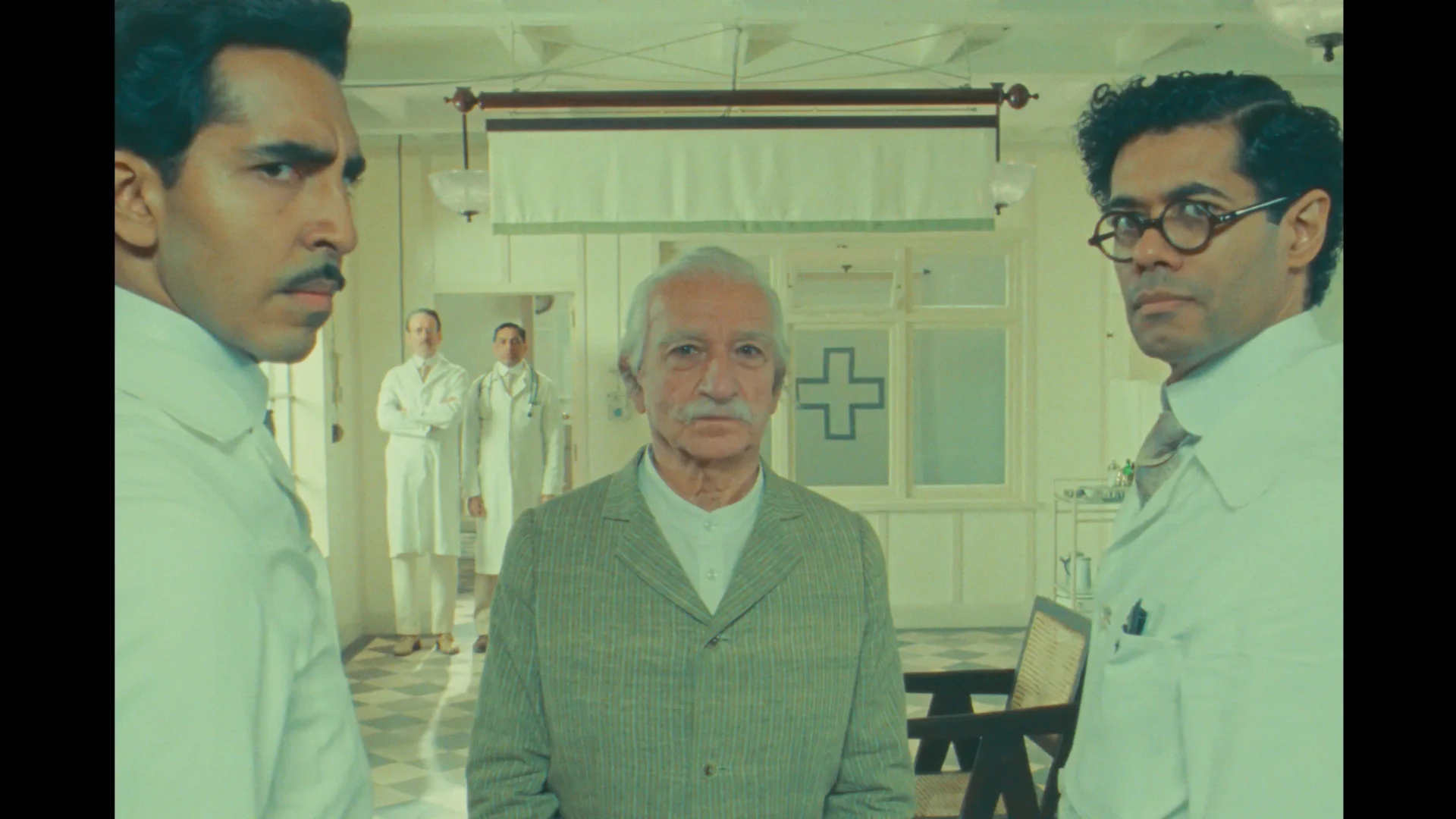
Every moment the narrator recites the story, we see the makeup artists and theatre troupe changing the actors’ appearance on the screen and changing the positions on the sets themselves. The same actors playing different characters in each story aren’t remarked upon. Verisimilitude isn’t the point of the story; the absence and acknowledgment of that absence are essential. Within the tight, dense 39-minute runtime of this short, we see that the film challenges more and more the artifice of the story, to the extent that the narration remains the only element supervising the faithfulness of the short; events occurring on screen has already given up on following a rigid timeline or regular transition between scenes.
The question arises, though, as to why. The answer, perhaps, is far simpler than one might attest. By essentially flexing his filmmaking process and his complete control over his style of filmmaking, Anderson is inadvertently challenging his critics, who have criticized him for always being “style over substance,” when in reality, the style, now more than ever, becomes the substance. The style becomes his weapon for challenging the artifice and challenging the conventional mores of storytelling to extract universal truths in the best ways possible.
As a criticism, though, because Anderson is taking this story and using the structuring and presentation of the story to present his own thoughts, the Dahl story itself isn’t shown to hold meaning beyond the text. Perhaps that is expected considering the audience to whom the short story is addressed. Anderson chose to present the film and frontload all the whimsicalness in the presentation.
This radicalizes the concept of “faithful adaptation” of source material. It almost challenges the existence of the audiobook, with visual gags and the fickleness of the environment ensuring that you can’t look away from the screen. It helps that the usual troupe of Anderson actors—Ben Kingsley, Richard Aoyade, and Ralph Fiennes—is joined by newcomers like Benedict Cumberbatch and Dev Patel, and they are more than up to the task of matching the breathless pacing of Anderson’s storytelling, accompanied by that trademark deadpan nature of the Anderson brand of humor.
With every passing film, however, Anderson has increasingly leaned into his style to explore the substance through that specific stylized lens. It is not going to endear him to the audience, still hanging over his style. Nevertheless, it might force them to question themselves when directly challenged by the movie itself to think outside the box of conventional storytelling. For that matter alone, “The Wonderful Story of Henry Sugar” deserves a watch.





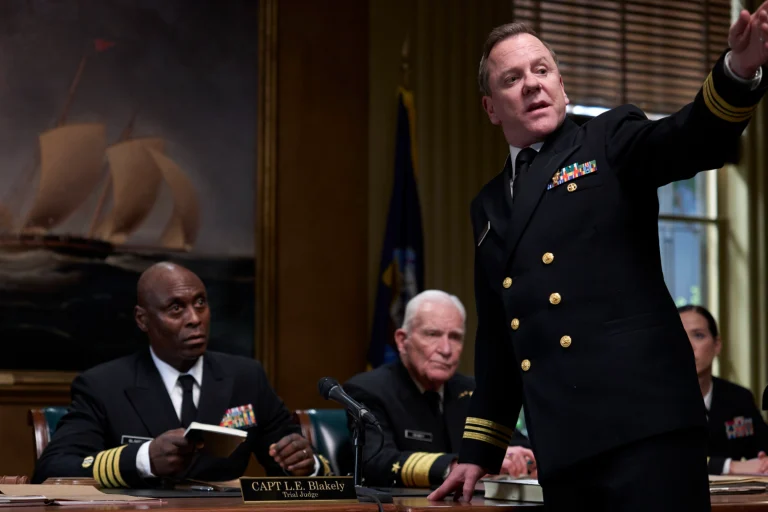
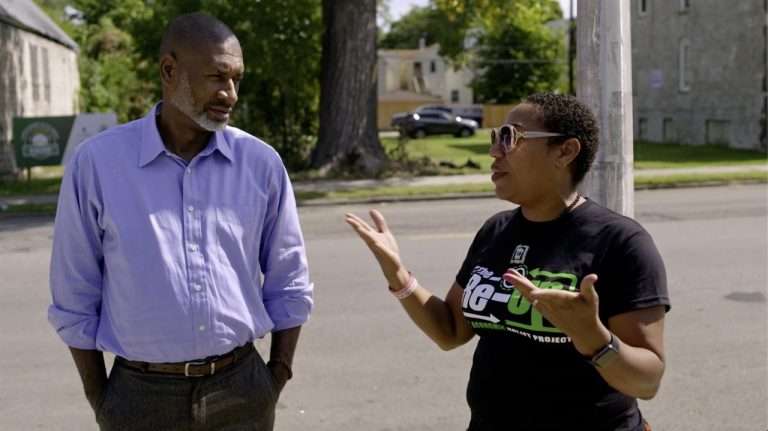
![The Columnist [2020]: ‘Fantasia’ Review – An entertaining ride with a timely subject in its hold lead by a phenomenal Katja Herbers](https://79468c92.delivery.rocketcdn.me/wp-content/uploads/2020/08/The-Columnist-Movie-Review-highonfilms-2-768x432.jpg)
